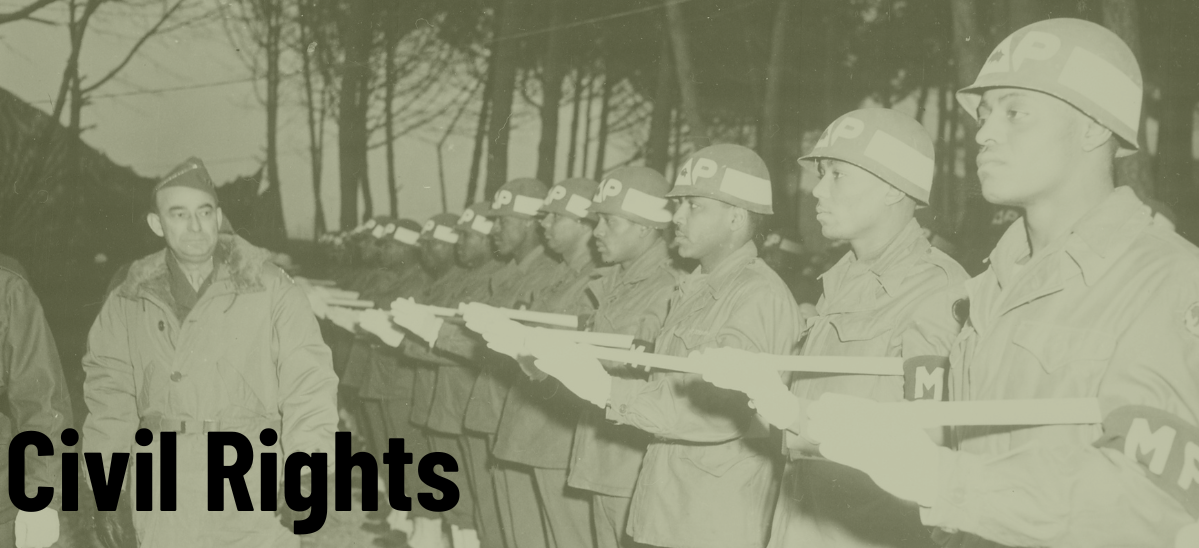
News and Articles
View Our News & Articles- visit
- exhibits
- public programs
- education
- events
- news
- about
- get involved
Back
Visit the Museum
Plan Your Visit
Back
Exhibits
D-Day 80: Special Exhibit
Back
Public Programs
D-Day 80: Programs & Events
Back
Programs & Education
Learning Opportunities
Back
Events
D-Day 80: Programs & Events
Back
